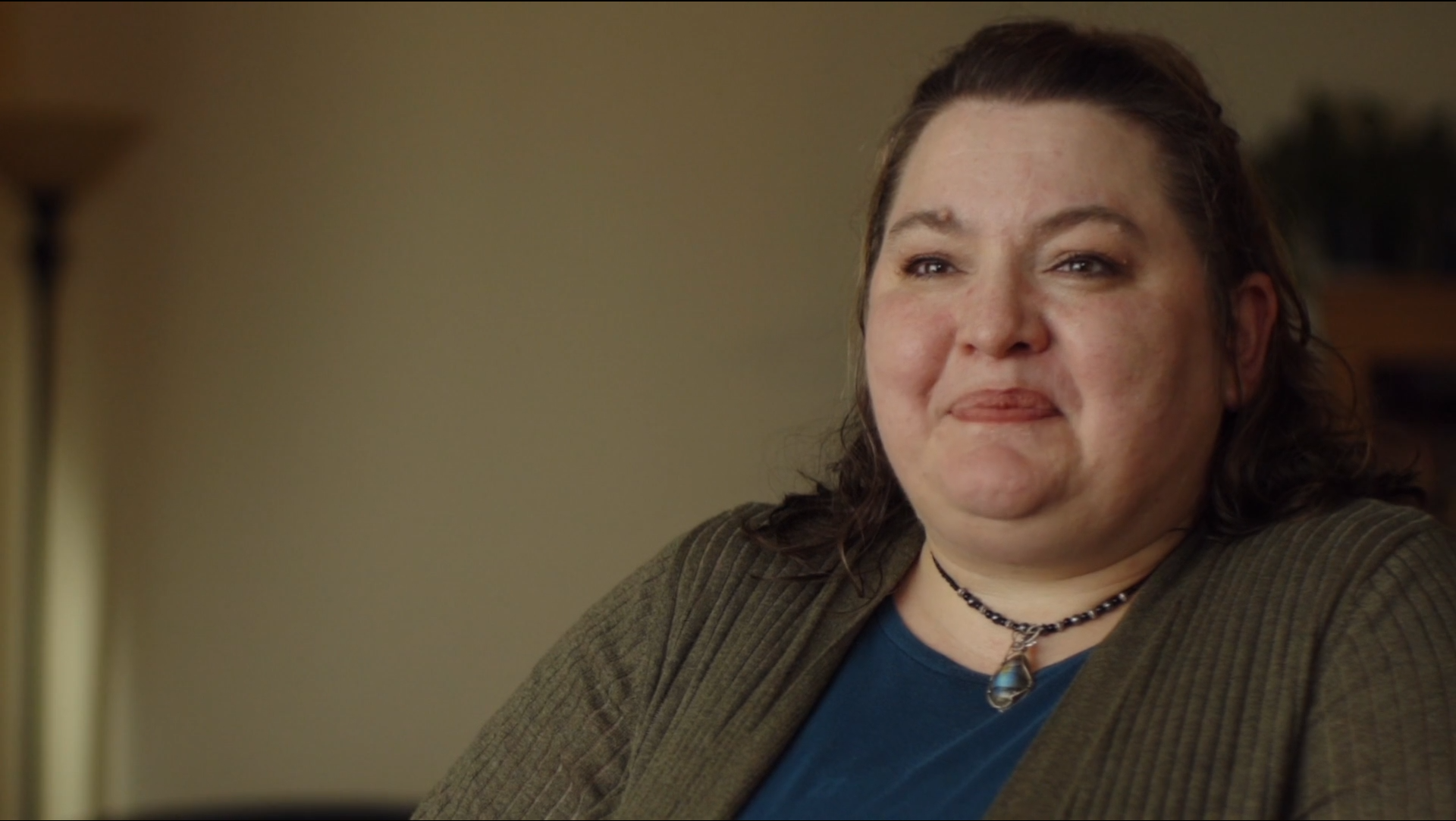Since genetic tests can affect the treatments a doctor prescribes, Steve’s case brings up at least one pressing question: Why didn’t Steve’s doctor ask him to get tested when he was first diagnosed?
In Steve’s case, it was partially a matter of timing. Colin Pritchard’s research helped set a nationwide medical standard, established by the National Comprehensive Cancer Network. Although the standard recommends that all men with metastatic prostate cancer receive a genetic test, the recommendation did not exist in 2011, when Steve was diagnosed. (And when he was first diagnosed, Steve didn’t have the metastatic form of the disease.)
More generally, there’s a lack of information.
“The importance of a family history of breast cancer in men’s healthcare is not well-recognized,” says Liz Swisher, MD, Res. ’93, a gynecologic oncologist and surgeon at UW Medicine.
There’s another question, too: Why isn’t everyone tested for BRCA2 and other cancer-causing mutations? The answer is: Someday, we might.
As genetic testing grows ever more powerful, researchers like UW Medicine faculty Mary-Claire King, PhD, who discovered the BRCA1 gene, support the idea of population testing for cancers such as breast cancer. If this recommendation were approved, all women of a certain age would automatically receive genetic screening for several common, actionable mutations. Although this is not yet a recommendation in the U.S., notes Swisher, the U.K.’s National Health Service is testing the concept.
Of course, if doctors spot a family history of cancer during an appointment, they may recommend a genetic test. Still, Swisher is quick to point out that family histories are not reliable.
“If we rely on family history, we know that we miss a third of patients, because they’re just as likely to inherit BRCA1 or BRCA2 from their father,” Swisher says. “So there may be no family history of breast or ovarian cancer.” Then, too, it can be harder to spot a cancer trail in a small family.
Asking a patient for a full history of all the family cancers (breast and prostate, as well as pancreatic, ovarian and melanoma) can help paint a better picture.
That said, a medical-grade genetic test is the only way to be sure of a genetic mutation. Even then, there’s no guarantee that a patient asked to get that test will follow through.




